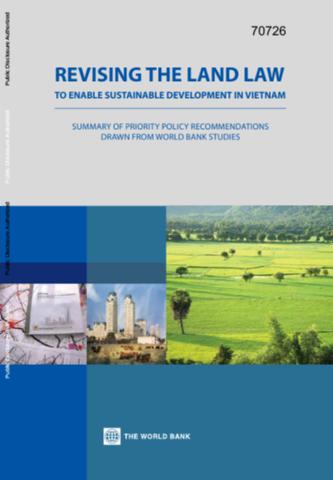Concessions and Leases in the Lao PDR: Taking stock of land investments
This publication presents the first nationwide analysis of land concessions and leases in the Lao PDR. It comes at a pivotal moment after investment in land has expanded significantly throughout the country, sparking increased dialogue and a greater level of scrutiny regarding the impacts of this expan- sion, both inside the Government of the Lao PDR (GoL) and throughout wider civil society. Investment in land, particularly foreign direct investment, has been championed as an effective development tool by a number of actors.




